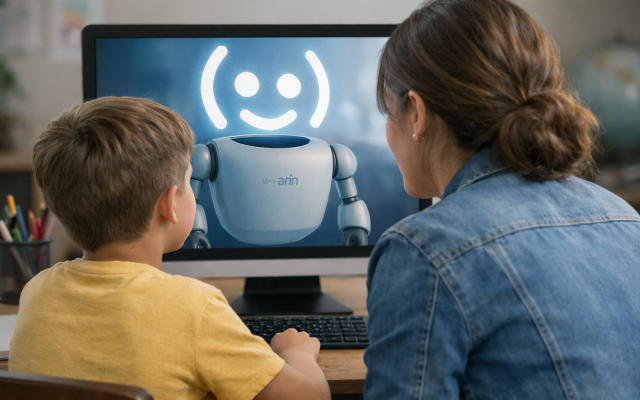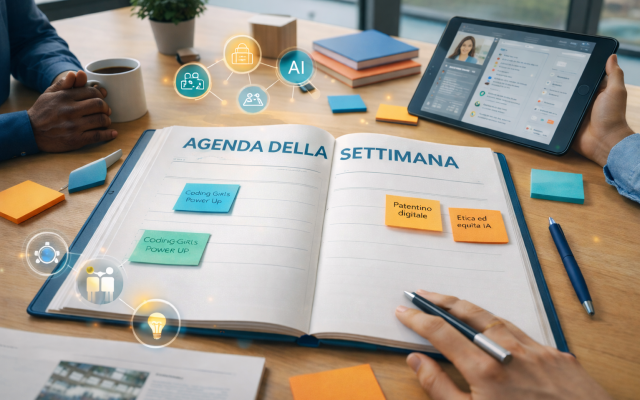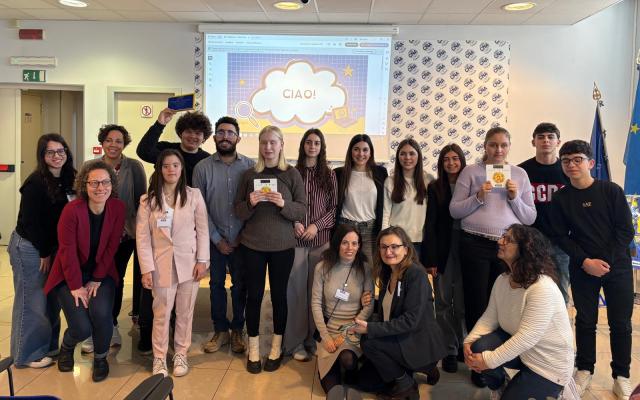Job Digital Lab: stories about local communities and individuals
Francesco Ciccio D'Addario, Founder and CEO of Oltrematica, is an entrepreneur who views technology as a tool for developing precious connections. He presented his story as one of the enterprises in the Abruzzi that “soared thanks to technology” at the Job Digital Lab in Pescara event.
Thanks to the help of Nicoletta Vulpetti, who loves this type of story, we have enriched the second edition of this educational programme, conceived with ING Italia, with stories of the individuals promoting both change, both at a personal and community level.
“My father is a mathematician, who is loved by his students, whom he taught to look at maths differently: not as the mere solution of an exercise, but as a model of reality. He always worried that he had not taught his children maths as he would have wished, but that vision was bequeathed to us through his DNA.”
Indeed, I have taken that vision into Oltrematica, the company that I founded 13 years ago that develops IT solutions for agencies, enterprises and professionals. Indeed, I don’t even have a television at home.
My approach to any project is to imagine the value that it can generate in the future. Software is just the technicality that allows me to develop it.
Having been brought up by a mathematician, also taught me that a solution exists if there is a problem, otherwise there is no reason to tire over something that cannot be resolved.
Thus, by the transitive property, where there is a problem, there’s a solution that can be found by bringing together knowledge and skills.
The project that we have developed and that I am presenting is based on the observation of a critical point. Often local promotion is fragmented amongst hundreds of voices in a community: residents, tourists, entrepreneurs and institutional representatives.
All these narrations are present in the digital world’s sites and social networks, but they remain separate. They lack a unitary vision. Our project – Sharalo – that calls for sharing personal outlooks, overcomes this division with the aid of technology and presents a choral narration of local communities.
Technology is not a cold and distant tool; in fact, it provides value to human narration.
Finally, I would like to share another thing that my mathematician father taught me, understanding of catastrophe theory: if altered by an external element, every closed, complex system will sooner or later return to a state of equilibrium. It’s a law of mathematics. Even now, if we consider that we are in the middle of a “catastrophe” that has altered the world as we knew it, we can be sure that a new equilibrium awaits us, and that technology will help us identify new solutions to improve our quality of life and relations.”




